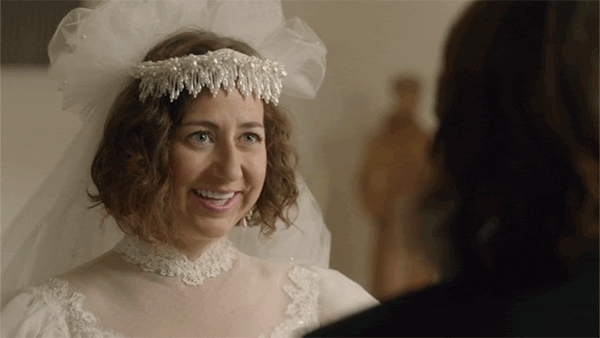Are same-sex relationships at a disadvantage?
By Samuel Leighton-Dore
I’ll never forget reading the chapter on homosexuality in Dr David Reuben’s book Everything You Wanted To Know About Sex, first published in 1969, in which he wrote:
“The homosexual must constantly search for the one man, the one penis, the one experience, that will satisfy him. He is the sexual Diogenes, always looking for the penis that pleases. That is the reason he must change partners endlessly. [In gay marriages] the principals never stop cruising. They may set up housekeeping together, but the parade of penises usually continue [sic] unabated… Mercifully for both of them, the life expectancy of their relationship together is brief.”
Even though I was only 16 years old and yet to experience a meaningful relationship, the sentiment stuck like cum to the pubescent corners of my brain.

Now, as I cautiously reach the age of socially acceptable engagements and pregnancies among my straight friends, I can’t help but wonder whether Dr Reuben might’ve been onto something. Are my heterosexual friends at a distinct advantage when it comes to maintaining long-term relationships due to the enticing financial and legal benefits of marriage?
In a 2004 paper, psychology professor Lawrence Kurdek of Wright State University in Ohio reported that over a 12-year period, 21 per cent of gay and lesbian couples broke up, while only 14 per cent of married straight couples did. This might all sound a little fucking drastic – obviously numerous studies have since reached very different conclusions – but hear me out.
Scientific studies consistently prove that the intoxicating chemical response to falling in love can last anywhere from three to 18 months. Culturally coerced into believing this infatuation (or “limerence”) should last forever, unsuspecting couples will often call it quits at the first sign of natural ebb to their usual loved-up flow.
Now, if you think of a relationship as a Mario Kart racecourse, there are a number of social “boosters” in place to help straight couples overcome the lulls and rough-patches inevitable to any serious romantic union. It’s often around the two-year mark that straight couples will become engaged, the excitement of which reignites a cognitive cocktail of good feelings.

A year later comes the wedding — another reaffirming boost.

Then the first pregnancy — yet another boost.
While same-sex couples are skidding out on metaphoric banana peels and getting KO’d by spinning turtle shells, our heterosexual counterparts have already reached the familial finish line. You see, as much as happy long-term relationships are about connection, perhaps they’re just as much about distraction. Let’s not forget that building a strong relationship (and that’s what you’re doing — you’re fucking building), just like any regular construction site, needs some external reinforcement to keep all the slippery, wobbly bits in place.
It’s simple occupational health and safety.
So what can same-sex couples do to keep the spark alive in their relationships?
In a perfect world, we’d benefit from the exact same boosters as most other couples do. But while our politicians run around like headless cocks, handling the subject of national marriage equality like a slimy bar of soap in a maximum-security prison, we’re left with little choice but to improvise. Sure, we can take a long vacation, buy a property together (not likely for us millennials) or adopt a few dogs (good luck finding a rental that allows dogs). Alternatively, we could have a civil ceremony, find ourselves a lovely surrogate, and start a little rainbow family of our own. But all of this takes a tremendous about of time, paperwork, legal negotiation, and money — and most of us will struggle to last the distance unassisted.

I guess it comes down to this: marriage is a social construct for a reason. It helps us humans move against our inherent instinct to prance promiscuously through a long list of lovers, spreading our seed as far and wide as possible. Marriage exists to “boost” us when we need it; to give us a relational trajectory, a blueprint to follow.
And whether we choose to be Mario, Luigi, Yoshi, or Princess Peach — don’t we all deserve a fair go at the impossibly challenging rainbow racecourse of long lasting love?


